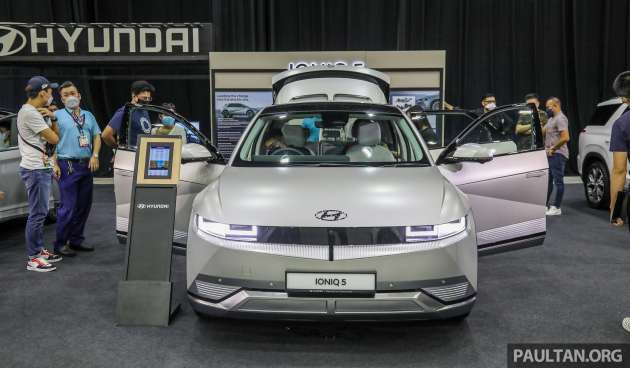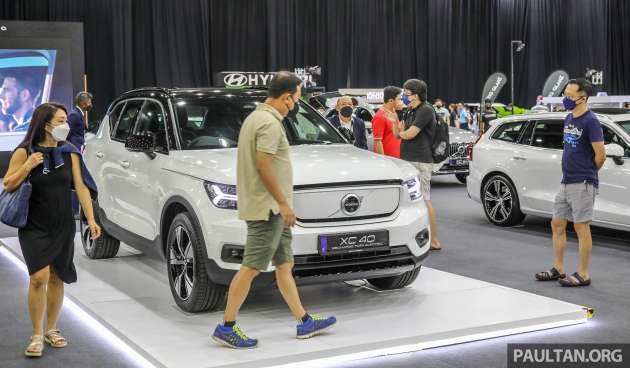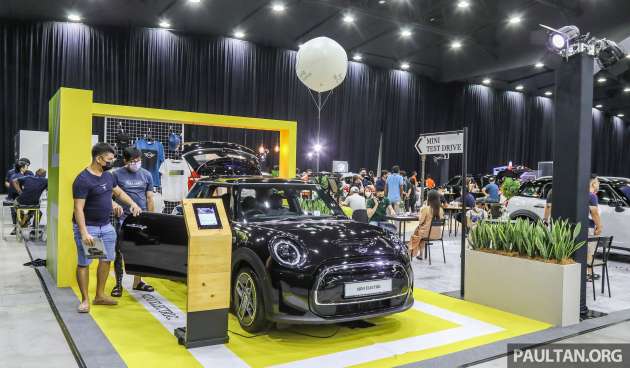Interest in electric vehicles among Malaysians on the rise, but local ecosystem still lacking – MyEVOC

It seems that electric vehicles really are the cars of the moment, at least according to Bernama. The national news agency spoke with the Malaysian Electric Vehicle Owners Club (MyEVOC) president Datuk Shahrol Halmi, who said that the market has been responding favourably to the influx of new zero-emission vehicles.
Shahrol said there are an estimated 500 EVs on the road today, with many more people intending to buy one. “There’s a bright future for EVs in Malaysia, with many expressing an interest in owning one because it is smoother and quieter than a conventional car,” he said.
The rising interest in electric cars isn’t surprising. After all, the government has exempted these vehicles from import tax, excise duty and road tax starting this year, leading to much cheaper cars – something that always grabs buyers’ attention in our price-sensitive market. Consequently, there’s now a wide range of EVs to suit a variety of budgets and needs, said Shahrol.

“The current trend in Malaysia is high-end EVs from Porsche, BMW, Hyundai, Volvo and Mercedes-Benz, and now, Tesla, MG and Audi have entered the market, too. Buyers are spoilt for choice,” he said. We should point out that Tesla and Audi electric vehicles have been brought in via parallel importers and not through official means, while MG has yet to start local sales – although it apparently plans to do so later in the year.
Shahrol added that the recent popularity of EVs is good for the country, given the obvious lack of local emissions. “The Malaysian government encourages EV use, providing an exemption on import duty and more. They are better for the environment and don’t emit carbon dioxide which pollutes the air. It is in accordance with the government’s 2021-2030 Low Carbon Mobility Blueprint as well,” he said.
There’s a “but” in all this, of course – Shahrol said Malaysia still has work to improve its ecosystem to match other countries in the region like Indonesia, Thailand and Singapore. “They are more actively working on becoming leaders in the EV field and are continuously improving their ecosystem to enable their people to use EVs with ease,” he said.

Doubtless he is referring to the lack of any meaningful incentives to entice carmakers to build their cars and batteries here, unlike in those countries. As a result, most vehicles are being brought in as CBU imports, with the only locally-assembled electric model being the Volvo XC40 Recharge P8.
Shahrol also highlighted the relatively high cost of EVs (even with the tax exemptions) and the lack of a widespread charging infrastructure, although he believes these issues will be solved as sales of electric vehicles ramp up. “I hope EV users will be more involved in giving feedback to sellers, charge point operators and the government for a EV future that is brighter,” he said.
Source: Paultan.org
